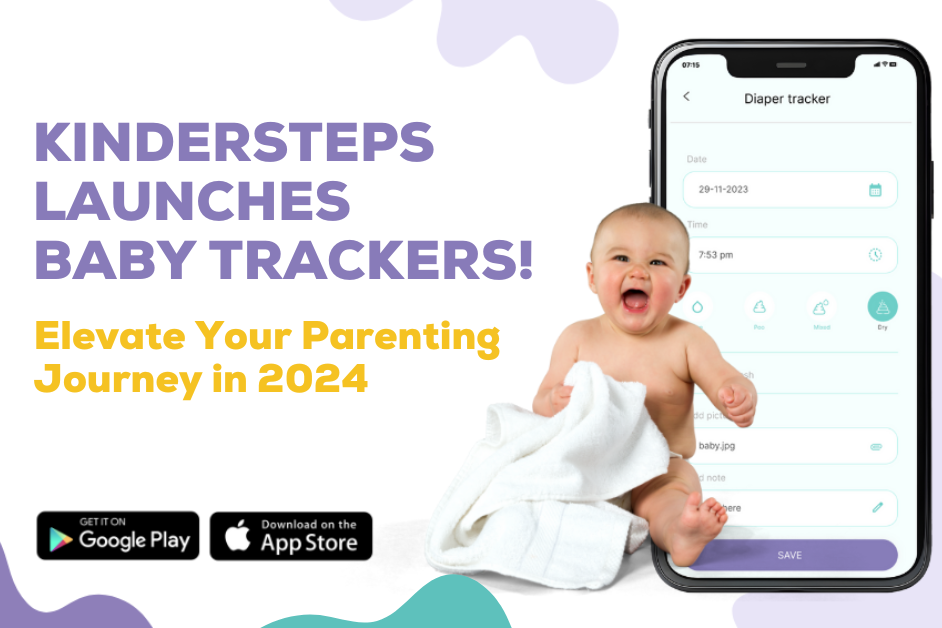- First, be patient. It may take them a while to eat, and they may not eat very much.
- Second, don't force them to eat. If they're not hungry or don't like what you're offering, that's okay.
- Third, make sure the food you offer is cut into small pieces so they can easily chew and swallow it.
The best foods for toddlers
So, what are some ideas for healthy foods to offer your toddler? The best foods for toddlers are those that are high in nutrients and low in sugar. Whole grains, lean proteins, fruits, and vegetables are all good choices.
- Fruits and vegetables: Offer a variety of both fresh and cooked fruits and vegetables. Toddlers may like dipping fruits and vegetables in yogurt or cottage cheese.
- Protein: Offer small pieces of chicken, fish, tofu, or beans. Ground meat is also a good option.
- Grains: Toddlers need whole grains for energy and fiber. Offer items such as whole grain bread, crackers, rice, quinoa, or oatmeal.
- Introduce a variety: Toddlers need to eat a variety of foods to get all the nutrients they need. A diet that is too limited can lead to problems like malnutrition. It is important to offer toddlers a variety of textures and flavors to help them develop a healthy palate. Foods that are too bland or too sweet can be rejected by toddlers.
What not to do?
- Toddlers should eat small meals throughout the day rather than three large ones. This helps them to better digest their food and absorb the nutrients they need.
- Toddlers should not be given sugary drinks like soda or juice. Water is the best choice for hydration.
- Toddlers should not be given food before bedtime as this can lead to problems with digestion and sleep.
There are a few things you can do to encourage your toddler to eat.
- Try to offer healthy and nutritious food options. Toddlers are more likely to eat foods that they find tasty and appealing. So, try to make meals that are both healthy and delicious.
- Create a relaxed and fun atmosphere during mealtimes. Toddlers tend to be more receptive to eating when they're enjoying themselves. So, make mealtime a time for laughter and play.
- Be patient with your toddler. They may not eat everything on their plate right away. But, if you keep offering healthy and delicious food options, they will eventually get the nutrition they need.
If your child is between the ages of one and three and is showing any of the following signs, it is time to call the doctor:
- A fever of 102 degrees Fahrenheit or higher.
- Diarrhea for more than 24 hours.
- Vomit that is green or bloody.
- Severe abdominal pain.
- Your toddler has not urinated in 12 hours.
- Your toddler has a rash that does not go away when you press on it.
- Trouble breathing and a wheezing sound.
- Is excessively tired or lethargic.

%20(1).jpg?alt=media&token=e7d61cab-d6b9-4a85-9a3d-2caf365c2352)




.jpg?alt=media&token=166b64a9-274c-400c-95e4-baf0013e7e43)
